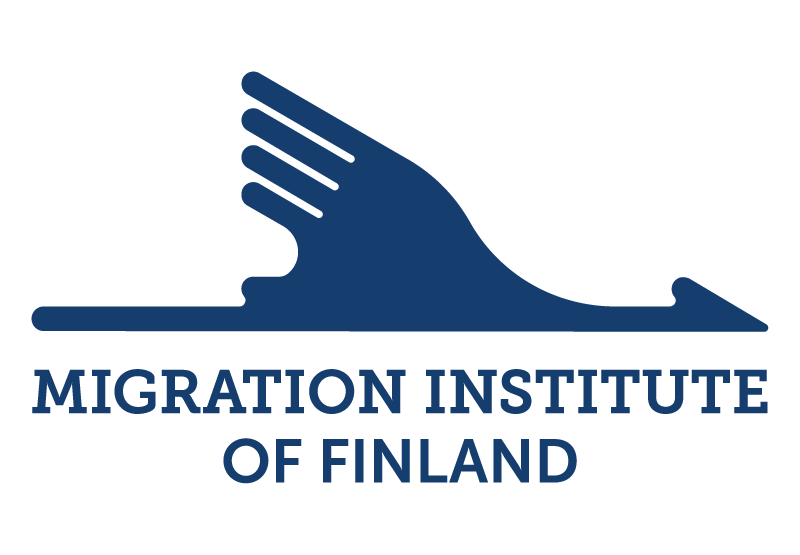Childlessness Intentions and Ideals in Europe
Keywords:
childlessness, fertility intentions, fertility ideals, childfree, EurobarometerAbstract
Using data from Eurobarometer Surveys 2001–2011 we examine trends and correlates of childlessness intentions and ideals across Europe over the past decade. We distinguish childlessness as a personal preference (personal ideal number of children is zero) from intended childlessness (intention to have no children) as these reflect somewhat different dimensions of childlessness as a conscious decision. We find that, on average, childlessness as a personal preference is relatively rare in Europe, although in some western European countries a sizeable proportion of young adults express a desire to have no children. Intentional childlessness is slightly more common than ideal childlessness is, since about 11% of currently childless young adults aged 18 to 40 years in Europe intend to have no children. We analyse factors related to childlessness intentions and ideals on the individual and country levels. A weaker individual socioeconomic position influences the intention to remain childless through various channels, such as unemployment or low socioeconomic status. Associations between individual’s social position and ideal childlessness are less clear. Results also indicate that macro-economic conditions do not have a direct impact on intentional childlessness, whereas a higher prevalence of traditional family values in a country is related to a lower likelihood of individuals considering childlessness to be their ideal family form.








